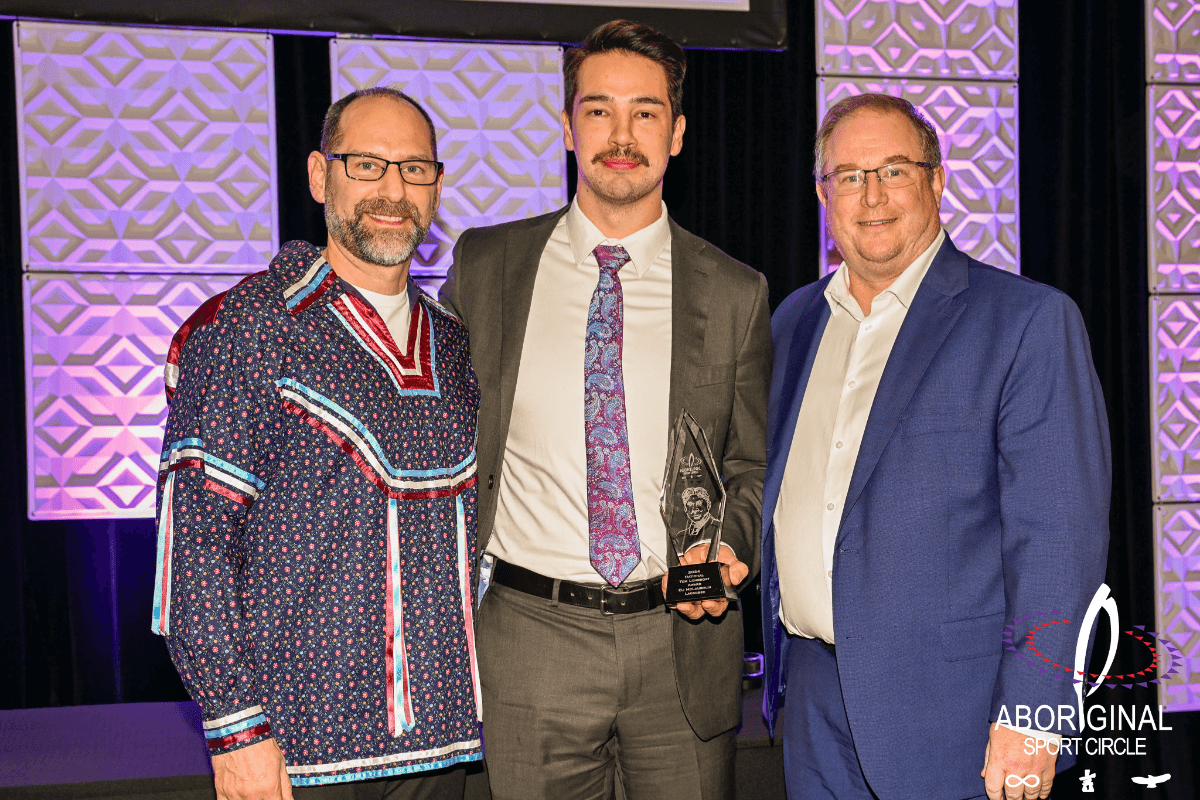Author: BC Sports Hall of Fame
Published: December 2nd, 2024
International Day of Persons with Disabilities
This week marks the 32nd International Day of Persons with Disabilities (IDPWD), founded by the United Nations in 1992. IDPWD was created to celebrate people living around the world with disabilities and represents the actions that we as global citizens need to take to create diverse and accepting communities. In addition to celebrating those who live with disabilities, IDPWD serves to recognize diversity in the global community, provide education on the experiences of those living with disabilities, and call to action a commitment to create a world with equal human rights. Throughout IDPWD’s history, various yearly themes that have been identified and in 2024 the focus is on amplifying leadership of persons with disabilities to create an inclusive and sustainable future.
Sports can serve as an avenue for the future generation of leaders to learn skills such as goal setting, communication, collaboration, decision making and accountability. The barrier for youth living with disabilities, especially those from Indigenous communities, to get involved in sport is high. According to the BC Aboriginal Network on Disability Society, with the impacts of colonization still affecting Indigenous communities across Canada, the rate of disability of Indigenous peoples in Canada is significantly higher than the general population, approximately 30%-35%. In addition, Indigenous communities often live in remote areas and are already affected by minimal employment opportunities, transportation issues, and limited access to health and social services. This can lead to Indigenous peoples living with disabilities to not reach full social and economic inclusion, also extending other aspects of society such as sports.
For Honoured Member Richard Peter, growing up in Duncan in the 1970s-80s, this experience rings true. After sustaining a spinal cord injury at the ager of four, the small community of Duncan was not wheelchair accessible with few buildings and streets having ramps. As a child, Richard only had access to adult-sized wheelchairs, making it increasingly difficult to navigate the world. With the support of his community, the Cowichan Tribes, and his family, Richard had the opportunity to try every sport available to him. When he was first introduced to wheelchair basketball while a travelling team visited his high school, Richard was initially resistant as he was happy playing adaptive sports with his friends and family. Despite trying the support in a heavy wheelchair, not meant for sports, Richard fell in love with the sport and caught the attention of the travelling team. With the support of BC Wheelchair Sports wheelchair loan program, Richard was able to continue playing sports with equipment appropriate for sport at a low cost. Richard was a staple on the Canadian national men’s wheelchair basketball for close to twenty years, going to five Paralympic Games (Atlanta 1996, Sydney 2000, Athens 2004, Beijing 2008, London 2012) and becoming a three-time Paralympic champion (Sydney 2000, Athens 2004, Beijing 2008).
Throughout his career, Richard has been an advocate for the next generation of wheelchair athletes, looking for ways to decrease the barriers from those living with disabilities to try new sports. As an athlete supported by BC Wheelchair Sports, Richard is now an ambassador of the organizations Indigenous Bridging the Gap which aims to remove barriers to participation in sport for Indigenous peoples living with disabilities across BC. Through a cultural lens, the program seeks to provide Indigenous peoples an opportunity to get active and improve their awareness of wheelchair sports. This can lead to continued involvement in sport and physical activity to promote a healthy lifestyle and improved quality of life. BC Wheelchair sports partners with organizations such as the Indigenous, Sport, Physical Activity & Recreation Council (I-SPARC) to work directly with Indigenous communities to run the Indigenous Bridging the Gap program.
To learn more about how BC Wheelchair Sports advocates for equitable, inclusive, lifelong wheelchair sport opportunities in the province at all levels of competition, visit their website.
RELATED BLOGS
View All
Apr 1st, 2025
Un an de la Galerie numérique des sports autochtones
Il y a trois ans, le projet de numérisation a été lancé dans le but d’accroître l’accessibilité de la Galerie des sports autochtones et de mettre en valeur les réalisations et les contributions des athlètes, entraîneurs et bâtisseurs autochtones au patrimoine sportif de la Colombie-Britannique.

Apr 1st, 2025
One Year of the Digital Indigenous Sport Gallery
Three years ago the digitization project was started with the goal of increasing the accessibility of the Indigenous Sport Gallery and to highlight the accomplishments and contributions of Indigenous athletes, coaches and builders to British Columbia’s sport heritage.

Jan 22nd, 2025
Excellence de la Colombie-Britannique – Lauréats du prix Tom Longboat 2024
Créé en 1951, le prix Tom Longboat est décerné chaque année à des athlètes autochtones pour souligner leur excellence sportive et leur contribution exceptionnelle au sport au Canada. Lors du premier gala national des sports autochtones, qui s’est déroulé sur le territoire traditionnel et non cédé de la nation algonquine anishinaabe à Ottawa, en Ontario, les gagnants régionaux de la Colombie-Britannique, Eli McLaughlin et Justina Di Stasio, ont reçu le prix Tom Longboat en tant que meilleurs athlètes autochtones masculins et féminins du Canada.